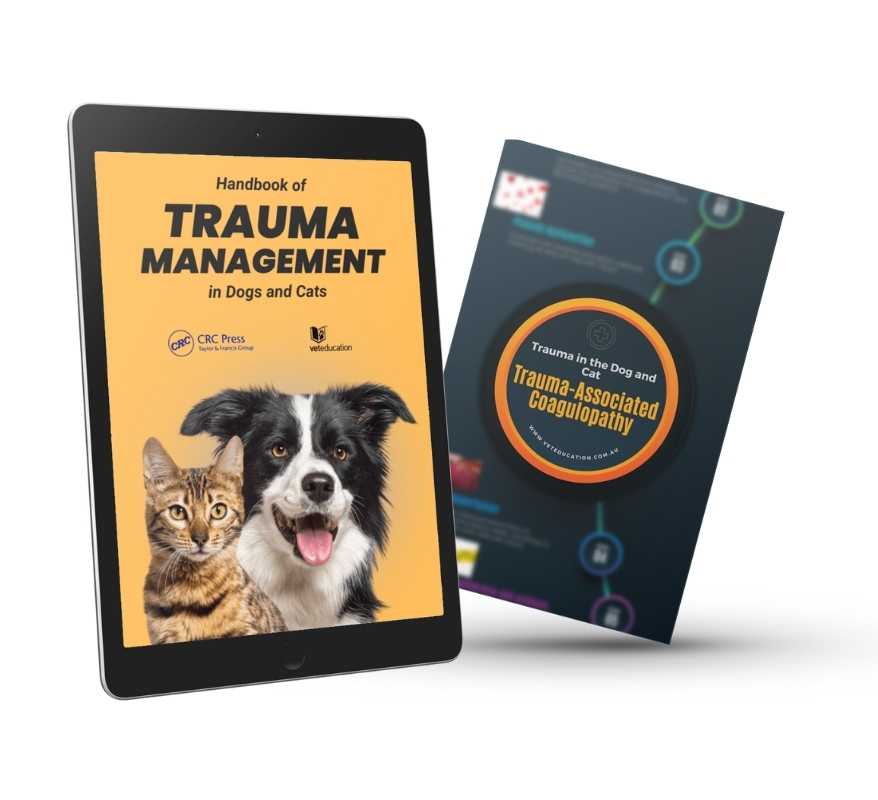Week 3: Fluid Therapy for the Trauma Patient
Fluid therapy is an important tool utilized to stabilise the cardiovascular system in patients with trauma. Not only does fluid therapy assist in the management of shock, but it is also critical in ensuring normal tissue perfusion, hydration and replacement of fluid losses from the patient.This week, you’ll learn critical aspects of fluid therapy in the trauma patient – including the management of shock, the concept of judicious fluid resuscitation, hypotensive resuscitation, transfusion therapy and a lot more. You’ll explore the use of transfusion therapy in the trauma patient as well, and develop strategies to controlling and minimizing the impact of haemorrhage into the thoracic cavity, abdominal cavity, and fracture sites





